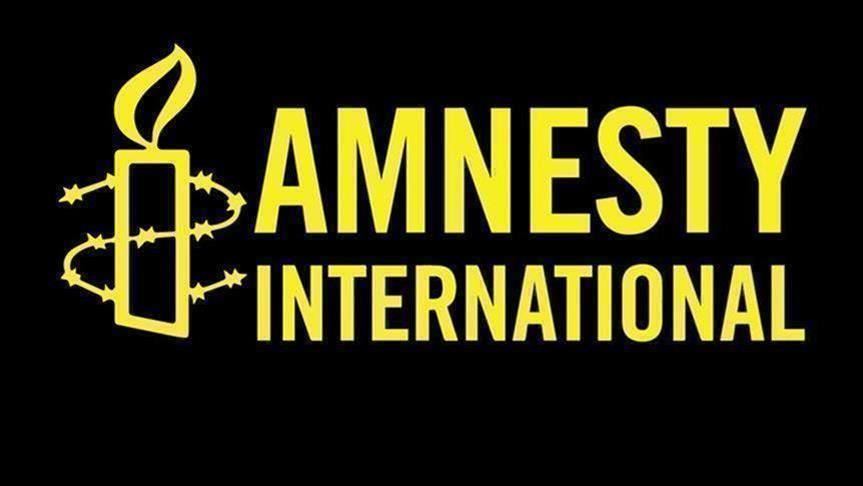Authorities in Sub-Saharan Africa must take urgent action to protect people in detention from COVID-19, including releasing prisoners of conscience, reviewing cases of pre-trial detention, and guaranteeing access to healthcare and sanitation products in all facilities, Amnesty International said on Monday.
Amnesty International is also calling authorities to consider early, temporary or conditional release of older prisoners and those with underlying medical conditions, as well as women and girls who are in detention with dependent children or who are pregnant.
“As COVID-19 spreads across Sub-Saharan Africa, the severe overcrowding seen in many prisons and detention centres risks becoming a public health catastrophe, especially given the general lack of health care and sanitation,” said Samira Daoud, Amnesty International’s Director for West and Central Africa.
“In many countries across the region, a high proportion of those in detention are there just for peacefully exercising their human rights. As well as being the right thing to do, releasing prisoners of conscience immediately and unconditionally would free up space in these facilities and help to protect prisoners and staff from the virus,” he added in a statement issued in Nairobi.
Across Sub-Saharan Africa, pre-trial detention remains widely used excessively and as a tool of punishment.
As at June 2019, there were 28,045 people detained in prisons in Madagascar which have a total national capacity of 10, 360. More than 75 percent of the 977 boys detained were in pre-trial detention.
Children and adults accused of petty crimes in Madagascar are equally forced to stay in overcrowded and unhygienic prisons for longer than the legal term of pre-trial detention.
In Senegal, before the release of detainees announced in March 2020, the country had 11,547 people held in 37 prisons with a total capacity of 4,224 detainees.
Similarly, Burundi, whose prisons have a capacity of 4,194 people, had 11,464 detainees by December 2019, of which 45.5% were in pre-trial detention.
The latest data available from Makala Central Prison, in the DRC, shows that in 2016 it held 8,000 prisoners, more than five times its official capacity of 1,500.
While about 700 prisoners were released countrywide in 2019, at least 120 detainees died from starvation, lack of access to clean water and proper healthcare in the same period, noted the rights group.
JK/abj/APA


